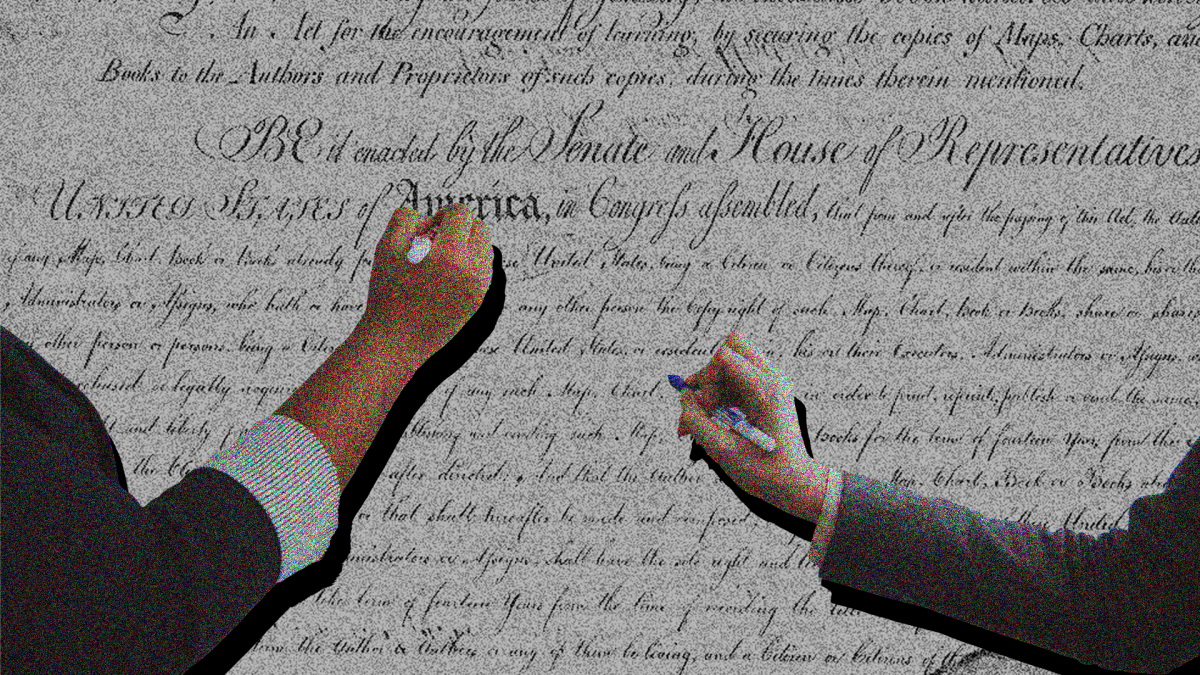When researching upcoming bills for Utah’s 2024 legislative session, it’s easy to feel confused and overwhelmed. Educating yourself about the laws which make up the framework of our state and affect everyone is an important civic duty that every voter should engage in. But when reading bills, voters are faced with jarring academic language and muddled legal jargon.
The language used in bills and the titles assigned to them are misleading and confusing for voters. We must make our laws more accessible to citizens.
This is No Accident
Legal jargon is meant for lawyers to read and understand. While lawyers tend to be smarter than the average person, the prestigious job often boils down to the ability to understand the wording of laws and contracts. Lawyers should not be the only demographic able to interpret legislative bills. These texts must be accessible to every voter regardless of education level or background. This includes the 15% of Utahns who speak a language other than English in their households.
When the average citizen cannot understand the language that the law is written in, people have to rely on secondary sources to translate this legal jargon into plain language. But these secondary sources are unreliable. They are biased and oftentimes have the intent of swaying an individual to vote a certain way.
Political leaders benefit from preventing voters from having accessible, unbiased primary sources when it comes to bills. This is because it makes them the translator, giving them the power to shape their voters’ conceptions of the bills they pass.
The Classism Issue
This inaccessibility within our laws is an issue of classism. The way people speak is indicative of social class because it can indicate level of education. In a world where low-income students cannot afford 95% of colleges, class and education level are increasingly inseparable factors.
Wealth inequality is an increasing disparity in the United States. The pandemic made the rich richer and the poor poorer, with the top 1% now holding more money than the combined wealth of America’s middle class.
This wealth gap is seen in the language we use. Vivian Lee, who teaches social responsibility and communication at the University of Utah, spoke on communication and wealth disparity.
“The larger the [wealth] gap, the larger the accessibility to, like professionalism,” Lee said. “… It’s getting bigger and bigger in perceptions and access to knowledge.”
The disparity in wealth translates to a disparity in political power. Wealth is a resource that creates power, and that’s reflected in political decisions. Political decisions routinely uphold the interests of the richest minority rather than the majority. This is a power that the top 1% wants to keep. Overwhelming voters by putting laws in a language that only the upper class speaks is one of many techniques used to keep hold of this power.
Real World Examples
An example of this from Utah’s 2024 legislative session is H.B. 051, “Health and Human Services Funding Amendments.”
This bill is nearly 2,500 lines long and requires cross-referencing multiple subsections to read a single line as the bill progresses. At one point, the bill reads, “In addition to the penalties imposed under Subsection (6)(c)(ii), a contractor or subcontractor who intentionally violates the provisions of this section is liable to the employee for health care costs that would have been covered by qualified health coverage.”
To an average reader, the phrasing is difficult to comprehend without having to jump back 50+ lines at a time. For someone who isn’t computer savvy, it can be difficult to find these subsections on the website based on the labeling system. The average contractor might not be able to interpret this convoluted bill and could be held liable for costs because of something they didn’t realize they had to cover.
And, the titles of bills are denoted by seemingly redundant letters and numbers.
Depending on who you ask, the 2024 session’s H.B. 257 can be the “trans bathroom bill” or “Sex-Based Designations for Privacy, Anti-Bullying, and Women’s Opportunities.” The naming of bills can obscure their impact and make it more difficult for citizens to discuss the bills and their ramifications.
What You Can Do
The good news is there is a lot you can do to take some of that power back into your hands. The first step is awareness of the issue. Use resources with as little of a political agenda as possible to act as your translator. Some great resources include the Wasatch Front Regional Council Bill Tracker and the U College of Law’s legislative updates.
Don’t allow your voice to be silenced or your opinion to be manipulated. Reach out to your legislators and let them know bills are overly complicated.
“We ought to care about the people surrounding us, even if they don’t interact with our immediate circles,” said Lee.





Penseur • Mar 28, 2024 at 2:04 pm
Is it true that the Utah Legislature is on the whole a nasty bunch of meanies?
What if, getting ready to point out some examples in support of the proposition, “…researching upcoming bills,” a wrench is thrown into the works? What do you do if you find yourself “confused” and “overwhelmed” when attempting to read and understand bills and the statutes they become when passed?
Keep it to yourself and quietly retire from the theatre of operations? No! Mount a cunning counter attack! Any deficit in reading comprehension can be nothing but further evidence of just how sinister the Legislature is.
But wait – there’s more: we are advised that we are engaged in a class war; intellectuals and capitalists are enemies and language is one of the weapons being used to oppress us.
There is hope, though. As of this writing, dictionaries are still readily available to the proletariat.